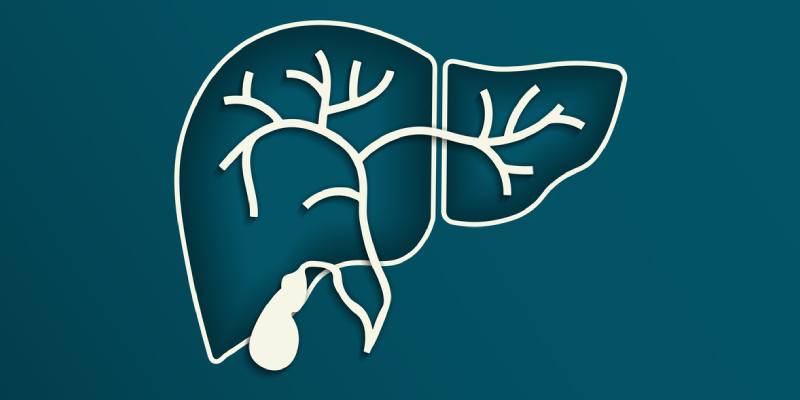
A new study led by Drs. Mao-Lin Yan and Yao-Dong Wang proposes that salvage hepatectomy may not provide substantial benefits to patients with unresectable hepatocellular carcinoma (uHCC) who demonstrate clinical complete response (cCR).
The study was published in the Journal of Hepatocellular Carcinoma.
Researchers analyzed data from 74 patients with uHCC and cCR who received conversion therapy at 7 major cancer centers in China between October 2018 and December 2021. They performed 1-to-1 propensity score matching (PSM) and compared disease-free survival (DFS) and progression-free survival (PFS) between the surgical group and the nonsurgical group.
Of the 74 patients, 45 underwent salvage hepatectomy and 29 were provided nonsurgical treatment.
In the surgical cohort, the 1-, 2-, and 3-year PFS rates were 77.8%, 61.5%, and 61.5%, respectively, and 81.2%, 60.9%, and 60.9%, respectively, in the nonsurgical cohort. For overall survival (OS), the 1-, 2-, and 3-year rates were 92.9%, 92.9%, and 69.7%, respectively, in the surgical group and 100.0%, 70.0%, and 70.0%, respectively, in the nonsurgical group.
Before PSM, investigators reported no significant differences in DFS (hazard ratio [HR], 0.715; 95% CI, 0.250-2.043; P=.531) and OS (HR, 0.980; 95% CI, 0.177-5.418; P=.982) when comparing the surgical and nonsurgical groups. Following PSM, researchers found no discrepancies in DFS and OS between the groups.
Patients who received nonsurgical treatment demonstrated a similar long-term survival rate to those with cCR who underwent salvage hepatectomy.
The investigators concluded that cCR following conversion therapy resulted in a positive prognosis for patients with uHCC and that nonsurgical treatment provides comparable benefits to salvage hepatectomy.
“It tends to show that salvage hepatectomy may not be essential for uHCC patients with cCR, especially in patients with a high risk of surgical complications,” the researchers wrote. “Prospective trials with long-term follow-up periods are warranted to evaluate this promising treatment modality.”







 © 2025 Mashup Media, LLC, a Formedics Property. All Rights Reserved.
© 2025 Mashup Media, LLC, a Formedics Property. All Rights Reserved.